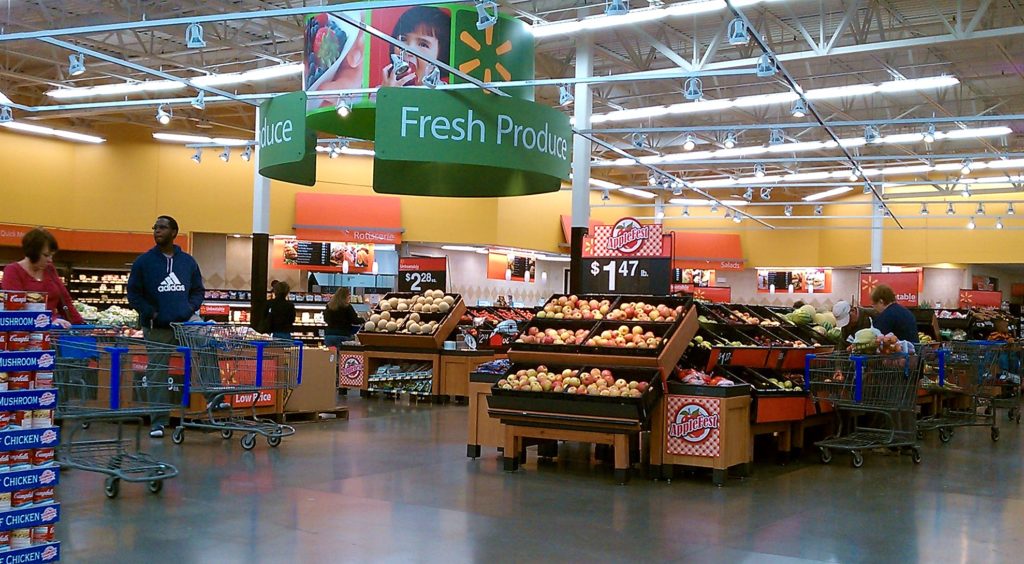Reams of studies show that big box stores take more than they give to local economies. They depress wages and benefits and decrease the overall number of retail jobs. They are associated with reduced social capital and higher levels of poverty in the communities where they exist, all the while consuming state and local subsidies and costing more in services than they generate in tax revenue.
By this point, ‘buy local’ campaigns have become part and parcel of local economic development campaigns, and they are effective, according to the results of a recent survey released in partnership with the Institute for Local Self-Reliance and Advocates for Independent Business.
The survey of more than 2,602 businesses nationwide indicated that over 75% of businesses where such campaigns exist report revenue growth of 7.0 % on average in 2013, compared with 2.3% overall where no campaigns exist.
The biggest challenges were competition from the Internet, lower supplier pricing at their larger competitors, health insurance costs and escalating commercial rents.
The survey details local business owners' opinions on policy changes that could help level the playing field for small retailers. Among the most critical:
- Forcing online retailers to collect sales tax
- Eliminating public subsidies to large companies
- Regulating credit card swipe fees
- Easler access to credit for small businesses
The bipartisan Marketplace Fairness Act bill cleared the U.S. Senate in May 2013. It is now pending further action. The bill would require online retailers in 23 states who are members of the Streamlines Sales and Use Tax Agreement to collect sales tax within 180 days after the act is enacted. The law would generate more than $23 billion per year for states that collect sales tax—going a long way toward plugging state budget deficits and leveling the playing field between Amazon and Main Street.
Even Amazon supports the bill, dailyfinance.com reported in March:
"Amazon.com has long supported a simplified nationwide approach that is evenhandedly applied and applicable to all but the smallest volume sellers," Amazon Vice President Paul Misener wrote in a letter supporting the bill. "With this in mind, I am writing to thank you for your bill, which will allow states with simplified rules to require sales tax collection by out-of-state sellers who choose to make sales to in-state buyers."
The House plans to take the bill up in the first half of 2014.









